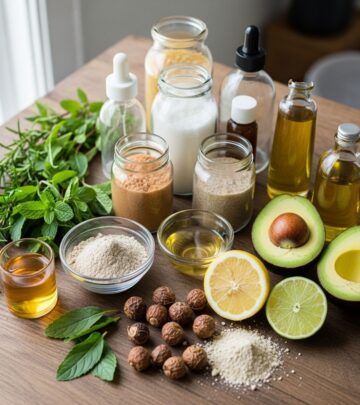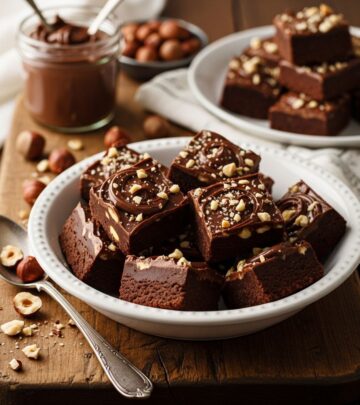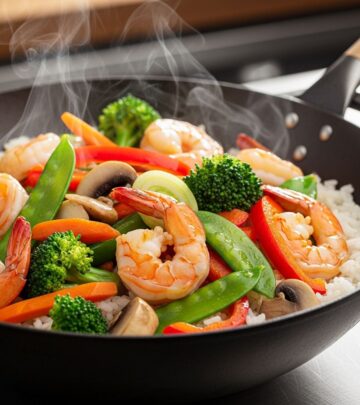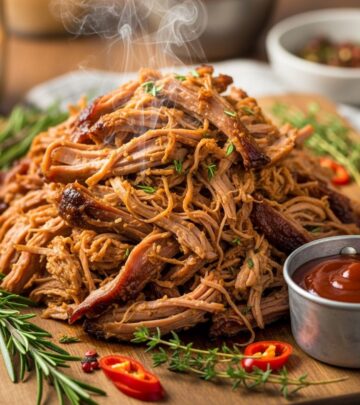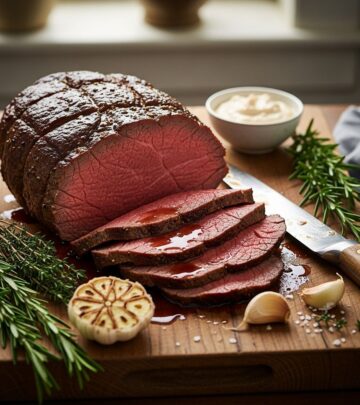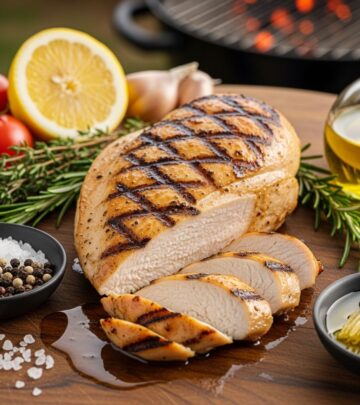Persian Baklava Cake: A Nutty, Elegant Twist on Tradition
Aromatic dessert blending ground nuts and warm spices for elegant tea-time indulgence.
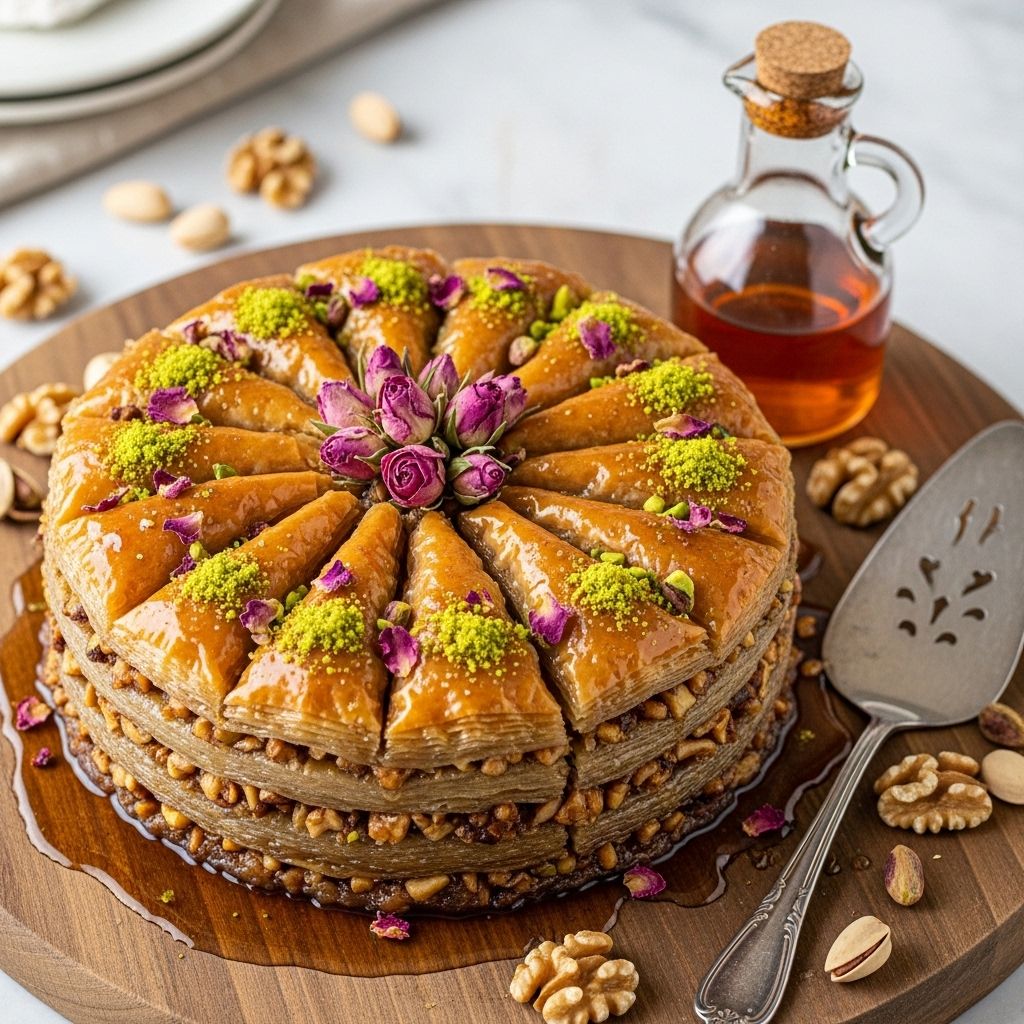
Persian Baklava Cake: A Modern Twist on Timeless Sweets
Baklava is a renowned dessert across the Middle East and Mediterranean, recognized for its layers of crisp pastry, sugar syrup, and toasted nuts. Yet there exists a modern, sophisticated cousin: Persian Baklava Cake. This elegant confection transforms the flavors and essence of baklava into a moist, aromatic cake infused with ground nuts, cardamom, and a delicate syrup laced with rosewater or orange blossom. The result? A treat that celebrates tradition while embracing convenience and a lighter texture.
What Is Persian Baklava Cake?
Persian Baklava Cake is a sliceable cake inspired by classic Persian and broader Middle Eastern desserts. Rather than layering filo dough, the cake employs ground almonds, pistachios, and walnuts, enriched with warm spices like cardamom. Its standout feature is the floral syrup—drizzled after baking to deliver characteristic sweetness and fragrance. The cake is dense but soft, offering just enough crumb alongside the luxurious syrup, and can be adorned with more ground pistachios, dried rose petals, or slivers of almond for a beautiful finish.
Why Choose Baklava Cake Over Traditional Baklava?
- Simpler Preparation: No need to layer or butter sheets of filo pastry.
- Irresistible Texture: Rich, moist, and satisfying enough to replace pastries at tea time or dessert.
- Elegant Presentation: The cake looks stunning with pistachio or rose petal garnish.
- Endless Aroma: Cardamom, rosewater, and orange blossom transport you instantly to a Persian kitchen.
Ingredients and Key Flavors
| Ingredient | Description |
|---|---|
| Almond Flour | Finely ground almonds add moisture and a delicate nutty backbone. |
| Ground Pistachios | For signature color, flavor, and sprinkle topping. |
| Ground Walnuts | Optional; round out the nutty profile. |
| Cardamom | Warm, citrusy spice essential to Persian sweets. |
| All-Purpose Flour | Binds the cake and balances nut flours. |
| Sugar | Sweetens the batter and syrup. |
| Eggs | Provide lift and structure. |
| Neutral Oil | For a tender crumb and easy mixing (e.g., canola or grapeseed). |
| Rosewater | Used in syrup or batter for floral aroma. |
| Orange Blossom Water | Optional, for a subtler floral note. |
| Baking Powder | Leavening agent for rise. |
Step-by-Step Guide to Making Persian Baklava Cake
- Prep Your Ingredients: Measure out flours, grind nuts finely (but don’t turn into paste), and gather baking supplies. Line a round or rectangular cake pan and preheat your oven.
- Mix the Dry Ingredients: Combine almond flour, ground pistachios/walnuts, all-purpose flour, cardamom, and baking powder. Whisk gently to distribute spices and leavening.
- Beat Wet Ingredients: In a separate bowl, whisk eggs with sugar until pale and custardy. Blend in oil and a splash of rosewater or orange blossom water.
- Combine and Bake: Fold dry into wet ingredients, being gentle to preserve air. Spread batter evenly in pan; smooth the top with a spatula. Bake at 350°F (175°C) until golden and a tester comes out clean (typically 30–40 minutes).
Making the Syrup
While the cake bakes, prepare a classic Persian syrup:
- Sugar – white granulated, dissolved in water.
- Rosewater or Orange Blossom Water – added at the end for fragrance.
- Lemon Juice – a splash to prevent crystallization.
Simmer sugar and water until clear and slightly thickened, then remove from heat. Add rosewater or orange blossom and lemon juice once cooled to intensify aroma without evaporation.
Assembling and Finishing the Cake
- Saturate: Let the cake cool slightly, then poke with a skewer and drizzle warm syrup evenly so it soaks in.
- Garnish: Sprinkle with more ground pistachios, edible dried rose petals, or slivered almonds.
- Slice and Serve: Cut into diamonds, squares, or traditional wedges. Enjoy alongside Persian tea for a truly authentic experience.
Tips for Perfect Persian Baklava Cake
- Grind Nuts Fresh: For the most aromatic flavor, grind pistachios and walnuts just before use.
- Don’t Overmix Batter: Gentle folding ensures a tender, uniform cake.
- Use High-Quality Rosewater: Authentic, food-grade rosewater is crucial for that classic Persian scent. Adjust to taste, since rosewater tempers sweetness and bitterness.
- Syrup Temperature: Pour syrup when warm—not hot or cold—for optimal absorption without sogginess.
- Let Plate Rest: A short rest after syruping develops flavor and moistness. Ideally, allow the cake to stand at room temperature for an hour.
Customizing Your Baklava Cake
Persian Baklava Cake is endlessly adaptable. Here are some ideas:
- Add Citrus Zest: Lemon or orange zest in the batter adds freshness.
- Swap Nut Flours: Try hazelnuts or pecans for an earthy variant.
- Infuse with Saffron: Steep a pinch of saffron in warm milk and add to the batter for an extra layer of luxury.
- Gluten-Free Option: Replace all flour with additional nut flour and a gluten-free baking powder for delicate crumb without wheat.
Serving Suggestions and Pairings
- Persian Tea (Chai): The floral and nutty notes pair perfectly with a hot glass of Persian black tea.
- Fresh Berries: Serve with sliced strawberries, raspberries or figs for a burst of tartness.
- Whipped Cream or Yogurt: A dollop of unsweetened cream or thick Greek yogurt balances the syrupy sweetness.
- As a Festive Dessert: The cake’s magazine-worthy appearance makes it a crowd-pleaser for Nowruz (Persian New Year), Eid, or elegant gatherings.
Nutritional Insights
This cake provides a balance of healthy fats and protein from nuts, though it is not low-calorie due to sugar and syrup content. For a lighter option, reduce sugar in syrup and batter, or use a sugar substitute suitable for baking.
Storage and Make-Ahead Tips
- Room Temperature: Store covered for up to 3 days.
- Refrigeration: Keeps moist for up to one week. Let come to room temperature before serving for best texture.
- Freezing: Freeze slices in an airtight container; thaw and serve.
Frequently Asked Questions (FAQs)
Q: Can I omit rosewater or orange blossom water?
A: Yes. While authentic, you can substitute with vanilla extract or lemon zest for a different aroma.
Q: How do I prevent my cake from getting soggy?
A: Pour syrup slowly and allow time for absorption. The cake should be cooled slightly but not hot for best results.
Q: Can I use whole nuts instead of ground?
A: Ground nuts are crucial for cake texture. However, a handful of chopped nuts can be used for topping or added crunch.
Q: Is it possible to make the cake vegan?
A: Absolutely! Swap eggs with flax or chia egg substitute, and use plant-based oil instead of butter or dairy ingredients.
Summary: Persian Baklava Cake—A Show-Stopping Modern Dessert
Persian Baklava Cake blends the best elements of traditional baklava—rich nuts, sweet syrup, and enchanting spices—into a moist, aromatic cake that epitomizes both elegance and easy preparation. With its vibrant flavors, customizable ingredients, and stunning presentation, it’s destined to be the centerpiece at your next festive gathering or a luxurious treat for tea time. Whether you crave the taste of Persia or simply want a new twist on classic desserts, this recipe delivers magic in every bite.
Persian Baklava Cake Recipe Overview
| Prep Time | 20 minutes |
| Bake Time | 30–40 minutes |
| Total Time | ~1 hour |
| Yield | 10–12 slices |
References
Read full bio of Sneha Tete




